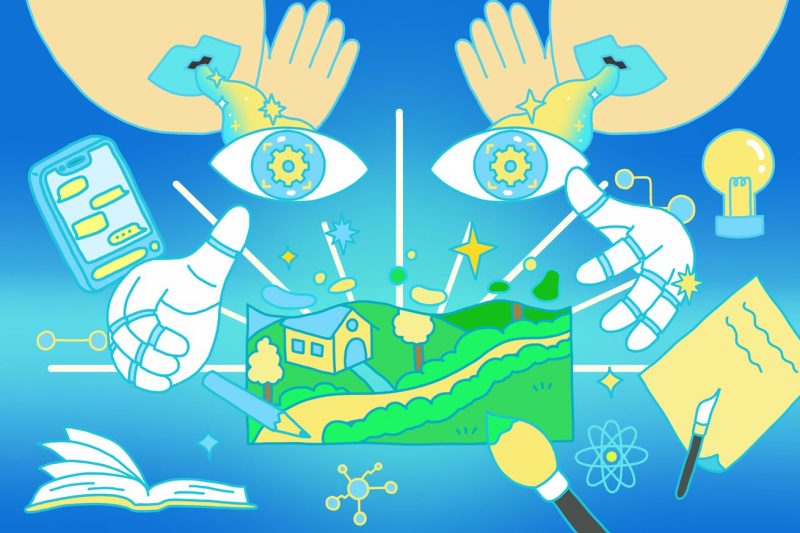In today’s digital age, advancements in artificial intelligence continue to revolutionize various industries, promising immense benefits but also raising concerns over ethical implications. Apple, a tech giant known for its innovation in hardware and software development, has recently voiced its apprehensions regarding AI’s capability to transform real photos into fantasy-like images.
The AI technology in question utilizes sophisticated algorithms to manipulate real images, altering their appearance to depict fictional scenes or characters. While this feature may seem entertaining and creative, it also poses potential risks and challenges that have caught the attention of Apple and other industry leaders.
One of the primary concerns raised by Apple is related to the authenticity and reliability of visual content in the digital realm. As AI algorithms become increasingly advanced in generating hyper-realistic alterations to photos, distinguishing between genuine and fabricated images becomes more difficult. This has significant implications for the spread of misinformation, as manipulated images can deceive viewers and distort the truth.
Furthermore, the ethical implications of AI-generated fantasy images extend beyond misinformation to issues of privacy and consent. Users may find their personal photos altered and shared without their knowledge or consent, leading to privacy breaches and reputational harm. Such scenarios highlight the importance of implementing robust safeguards and regulations to protect individuals’ digital rights in the era of AI technology.
In addition to ethical concerns, the advancement of AI in image manipulation raises artistic and creative questions about the authenticity and originality of visual content. While AI tools can enable users to explore new realms of creativity and expression, the line between human and machine-generated art blurs, prompting discussions about the role of AI in the creative process and the definition of artistic authorship.
Apple’s acknowledgment of these challenges reflects a growing awareness within the tech industry of the complex interplay between AI technology and societal values. As AI continues to evolve and permeate various aspects of our lives, it is essential for industry stakeholders, policymakers, and the public to engage in dialogue and collaborative efforts to address the ethical implications of AI-driven image manipulation and ensure responsible innovation in this field.
In conclusion, the convergence of AI technology and image manipulation holds immense promise for creativity and innovation but also raises ethical dilemmas that demand careful consideration and proactive measures. By fostering a culture of transparency, accountability, and ethical awareness, we can harness the transformative power of AI while safeguarding individuals’ rights and maintaining the integrity of visual content in the digital age.

